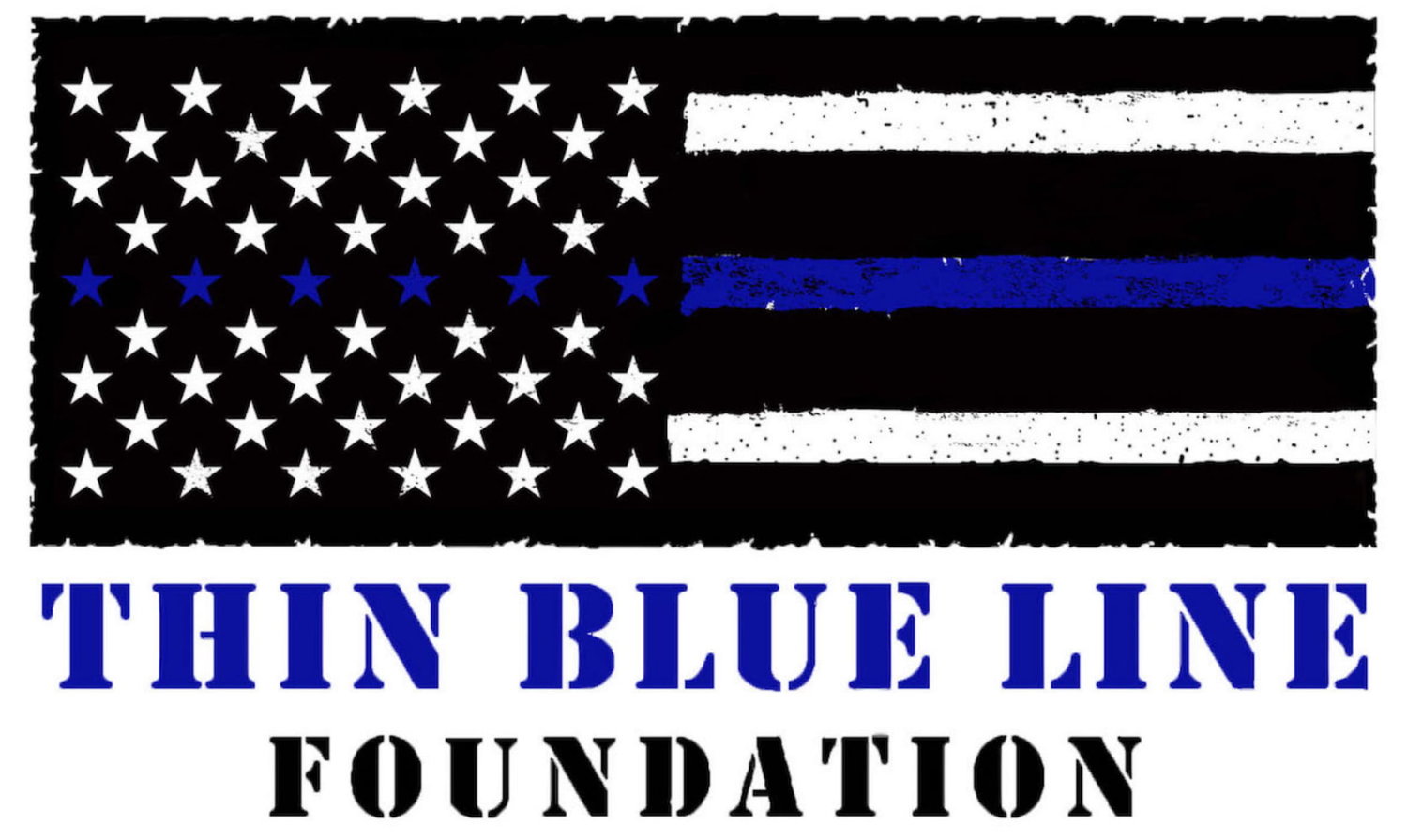The Spartan Inspiration Section focuses on encouraging content to better equip you for you role.
Below is an article by Dr Stephanie Conn who is a former police officer & dispatcher and friend to the Thin Blue Line Foundation.
POLICE UNDER FIRE
by Dr. Stephanie Conn-Licensed Psychologist & Former Police Officer
There have been plenty of anti-police public activities and media coverage since the Michael Brown incident in Ferguson, Missouri last summer. It is sickening to watch as police officers are attacked physically and verbally for doing their job.
I become so angry that I want to return to the uniform and fight against this senseless violence. This kind of anger can be quite addictive. The more you watch the news or read about the conflict, the more it consumes you. In turn, you seek out more “information” under the guise of needing to know for practical purposes. Although this may be true to a certain degree, consuming more of this information is not practically helpful. In fact, it is unhelpful because it fuels a destructive anger that is welling inside.
Limiting your consumption of these news stories is a wiser choice because it will allow you to still be informed but won’t overwhelm you with stress that will negatively impact your health and ability to safely do your job. It is important to remember that news reports are not neutral representations of events but, rather, are designed to be inflammatory to create a stir. So how do you work for people who don’t seem to appreciate or understand your work?
The simple answer is, you don’t. You do it for the people who do appreciate your work and let go of the mental torture of trying to understand people who don’t. It’s maddening to try to understand an anti-police perspective because it would require meaningful discussions with anti-police people. Your daily encounters with antipolice individuals are not long enough for the discussions needed to have a chance of changing the way they see things.
Believing is seeing. If they believe police officers are bad, they will view everything they see as supporting that belief. Trying to fight this human tendency head on will likely be pointless. Instead, perform your job as you always have, with integrity and pride, and perhaps others will come around to seeing that you are actually helping them.
I had several encounters where an initial bad impression of me as a police officer turned into an opportunity to improve someone’s perspective of the profession. This is harder to do with those determined to see what they want to see but it is possible when you encounter someone who is more open.
Applying some of the principles of crisis negotiations might be helpful during encounters with anti-police persons. I think the most useful technique would be to act in a manner that is inconsistent with their expectations. Doing this gives you immediate leverage because the other person is taken off guard. You didn’t act as they thought you would so now they have to adjust their reaction. It takes the wind out of their sails, so to speak.
I used this technique as a gang detective approaching gang members. They expected me to be authoritative, judgmental and abrasive. Instead, I was friendly and conversational (without lessening my officer safety, of course!). This gave me an incredible advantage when I needed information and I believe it even improved my safety because the encounter was less adversarial. It also gave a positive impression of police to people who are slightly less than pro-police.
Another way of acting inconsistent with another person’s expectations would be to acknowledge that in policing, like every other profession, there are some bad apples that taint the reputation of others. I would make this statement without throwing another officer under the bus or insulting the whole policing profession. This simple acknowledgement can go a long way toward shifting attitudes because it is a true statement that doesn’t come off as a relentless defense of all police officers’ behaviours.
It is important to remember that during times like this emotional reactions will intensify. This is both good and bad. Just as those anti-police people become more adversarial, those who support police will become even more committed in their support. I’ve seen positive depictions of police in the media as well but they are less stimulating to watch because I already know police officers are good people.
With all of the media coverage of police events, those who are on the fence will watch both sides to determine their opinion of police. This is an opportunity for police officers to demonstrate the qualities that make them proud to be in the profession: honor, integrity, courage and the desire and ability to make a difference in the lives of others.
Stephanie Conn is a Licensed Psychologist and former communications dispatcher and police officer. To find out more visit www.firstresponderpsychology.com.

